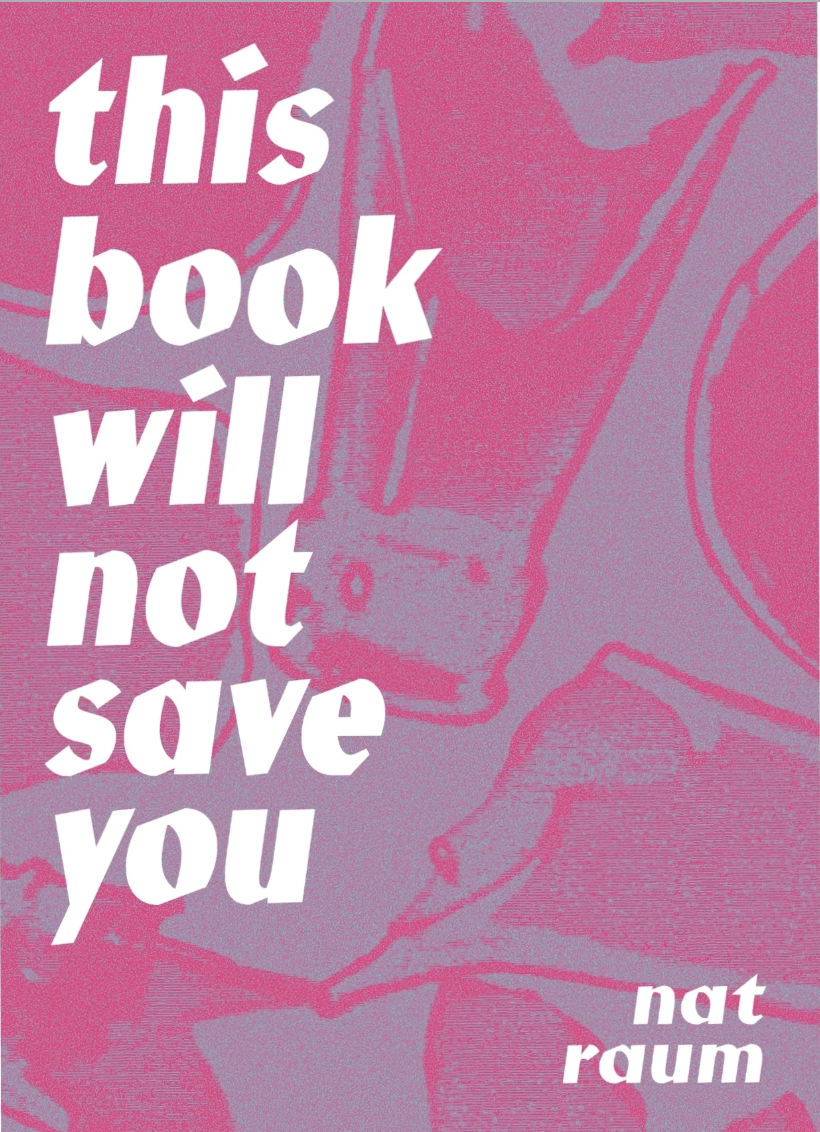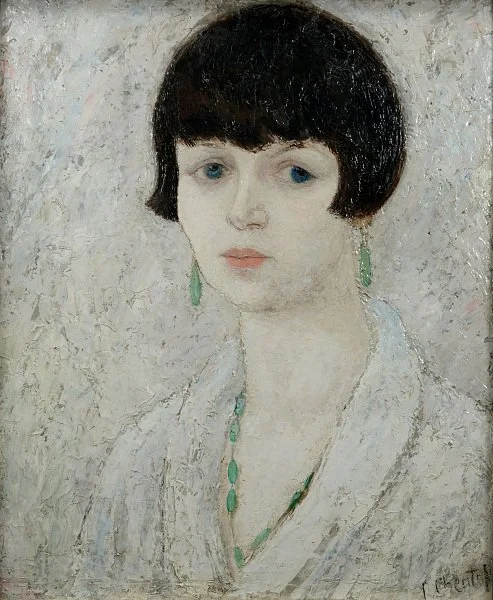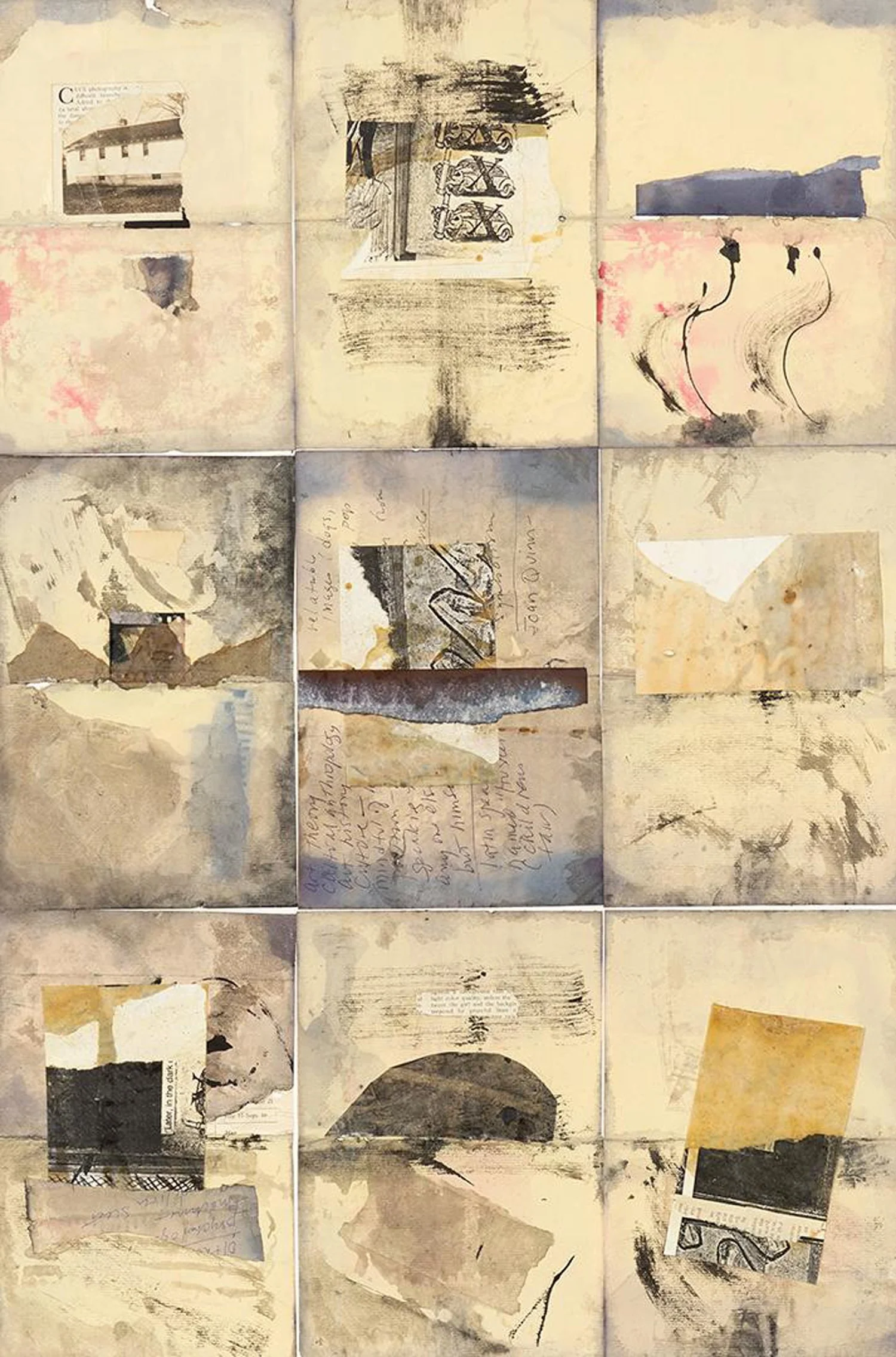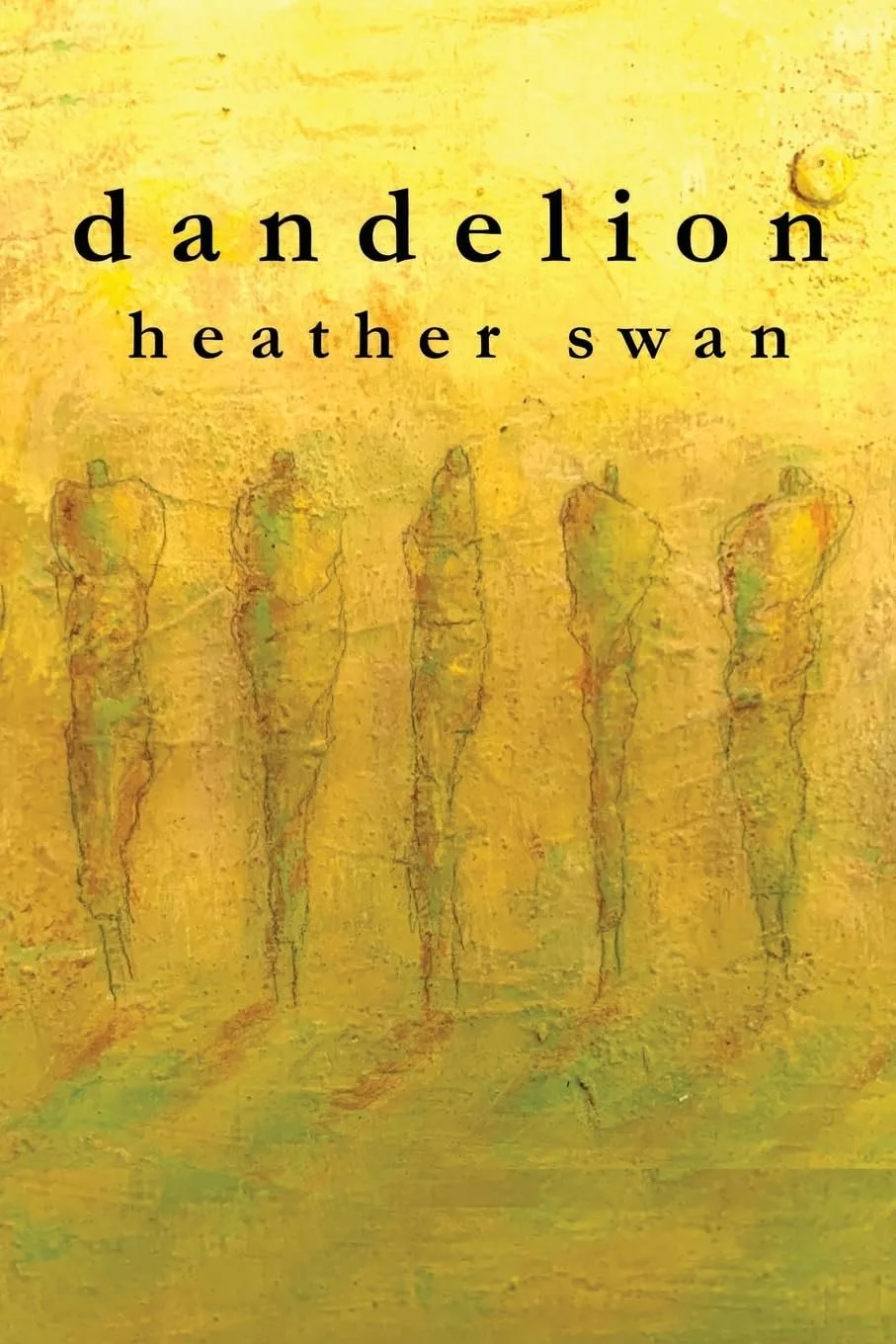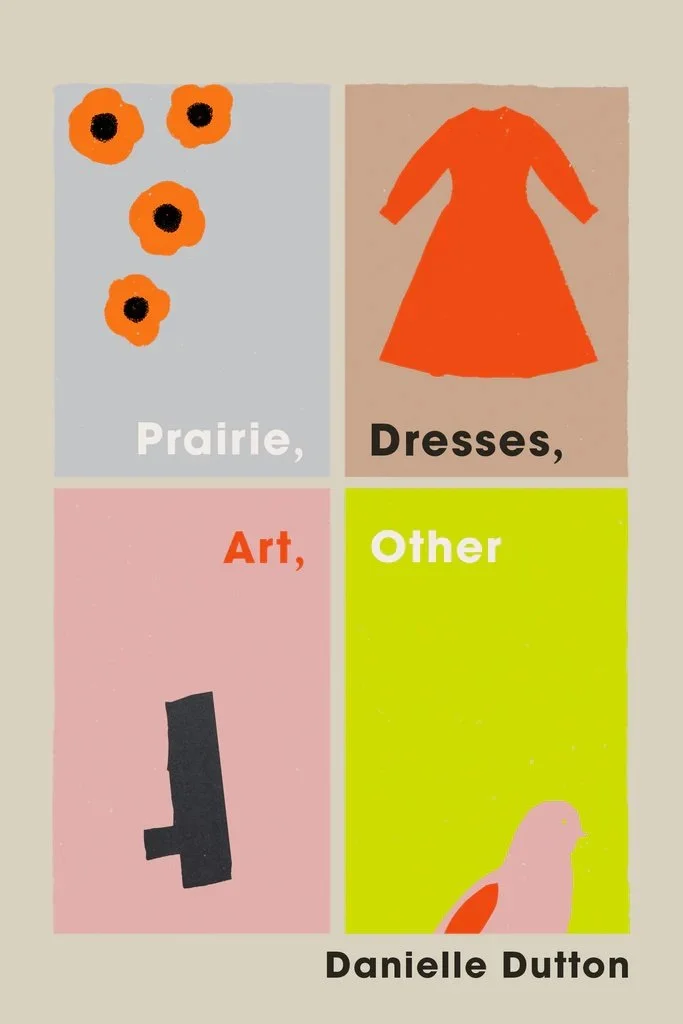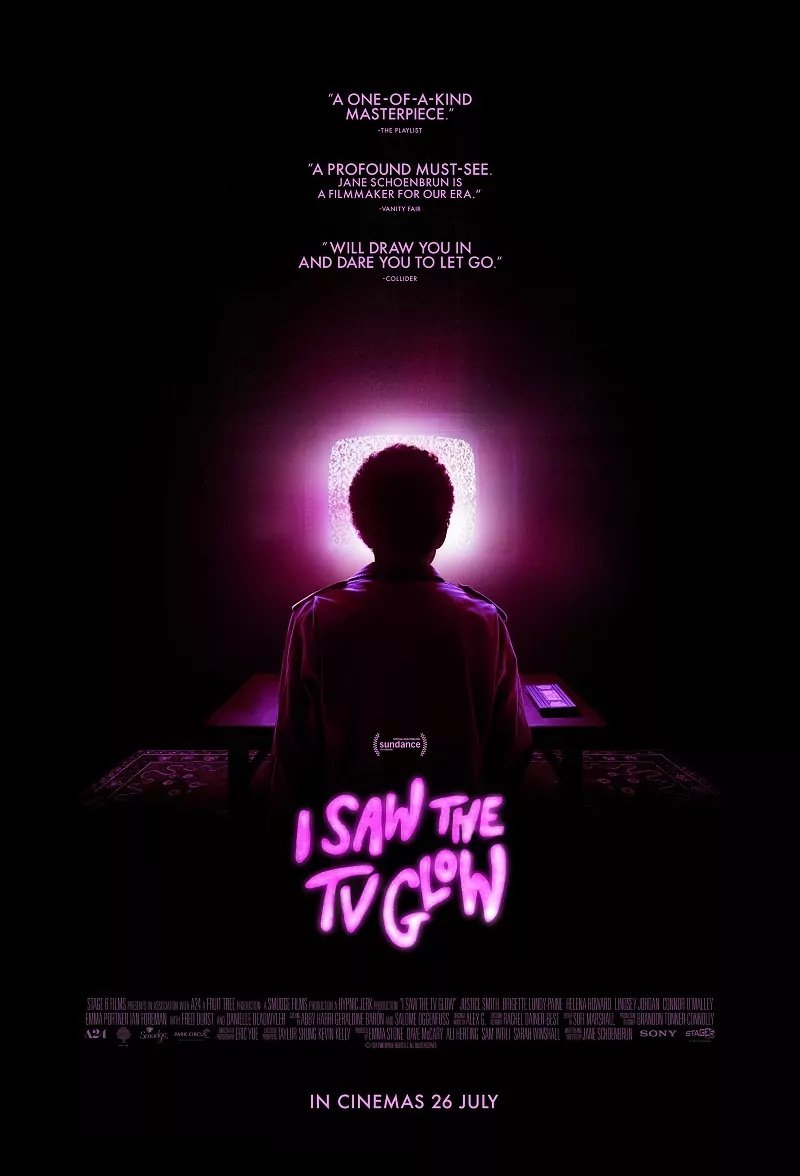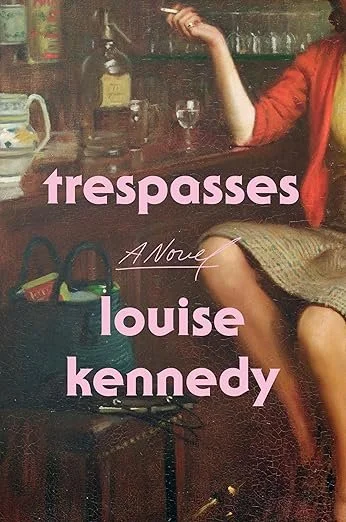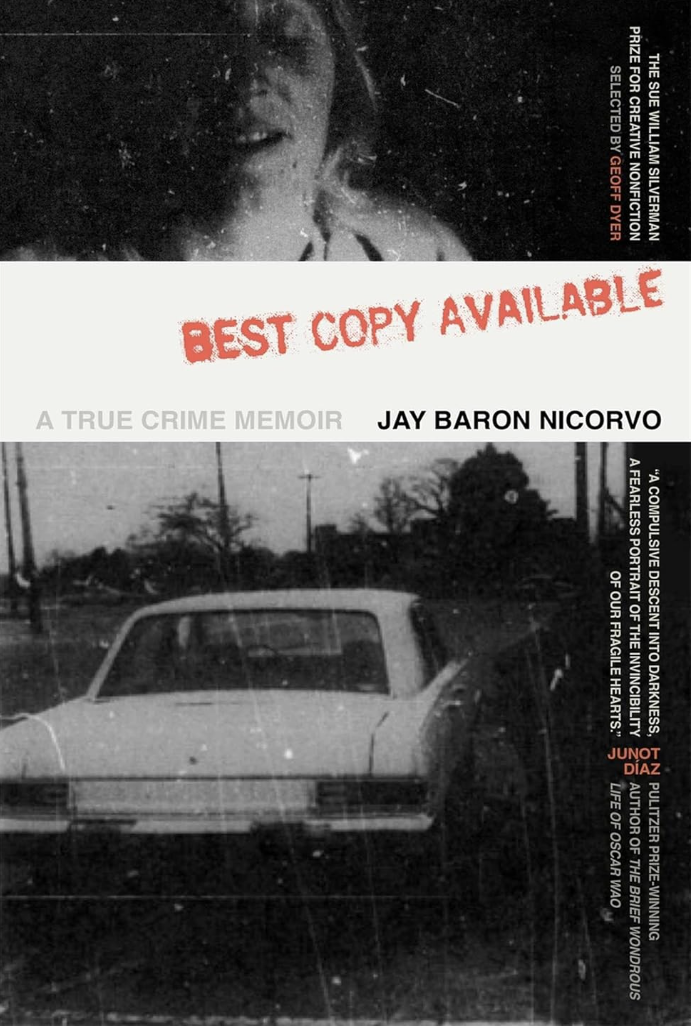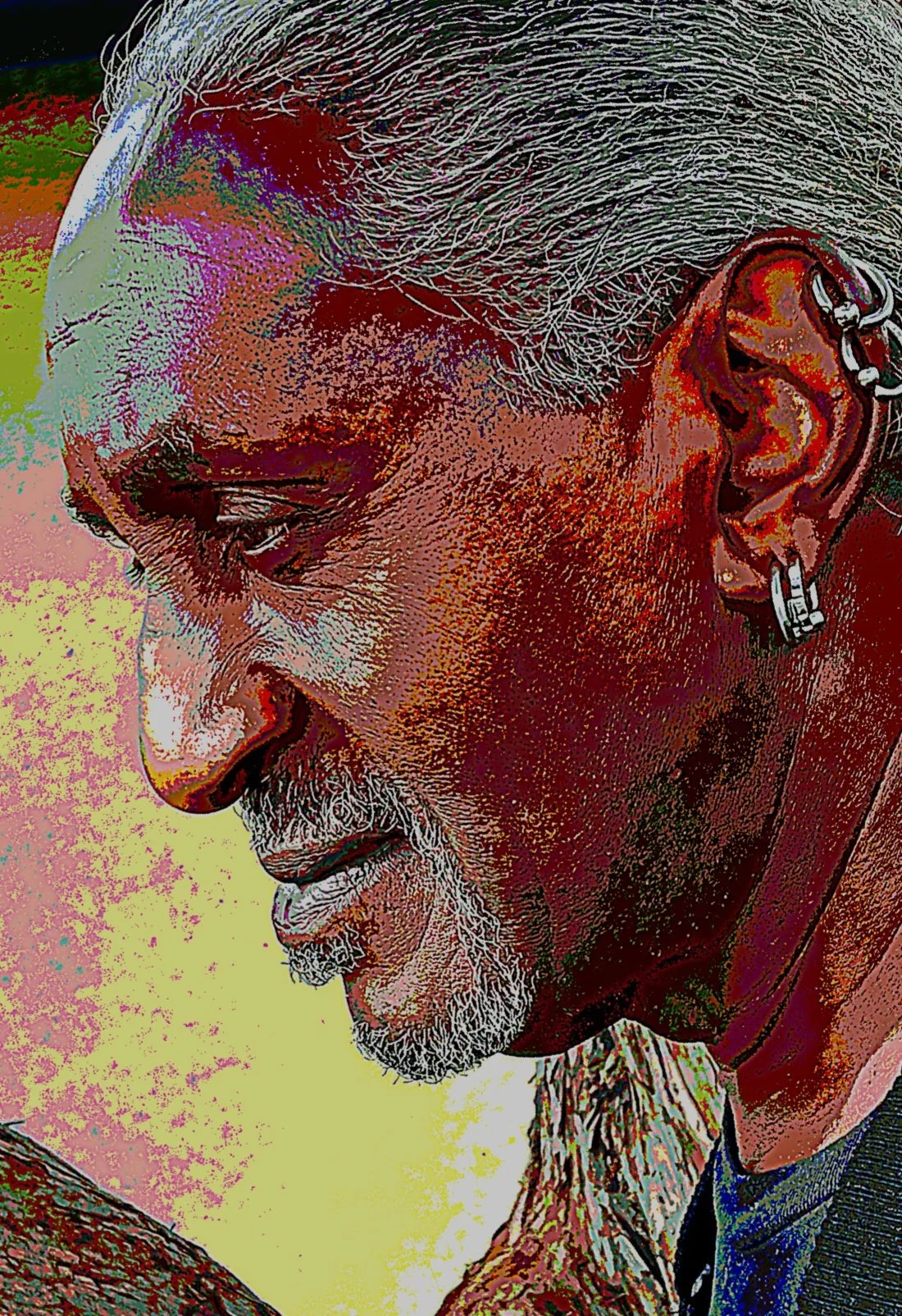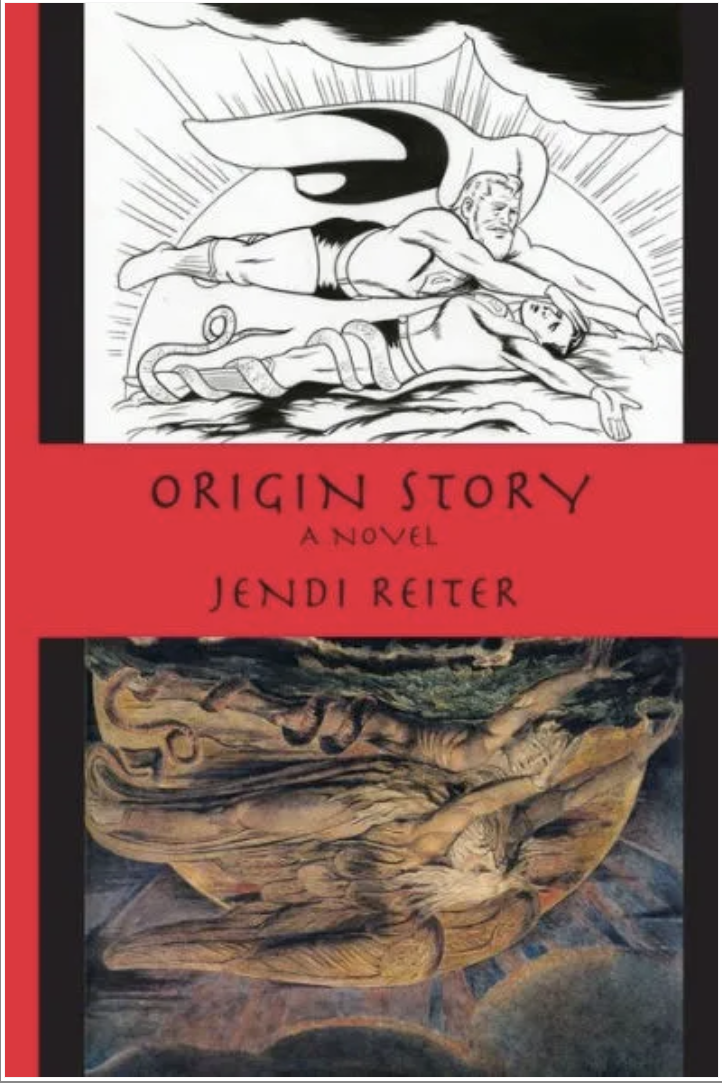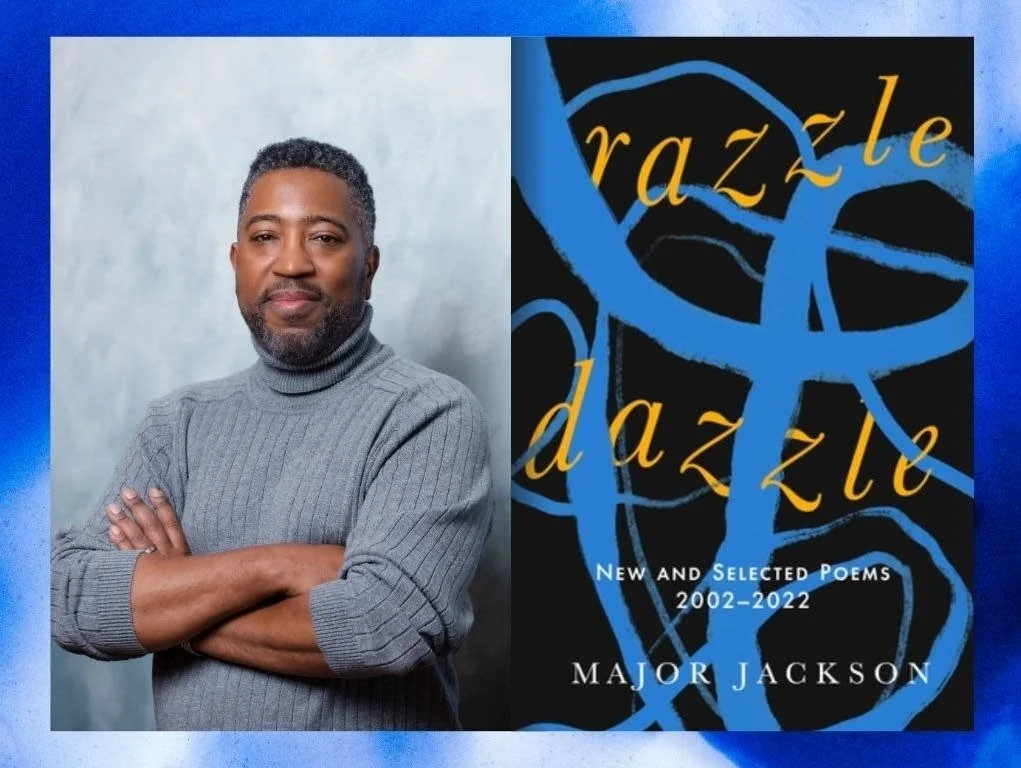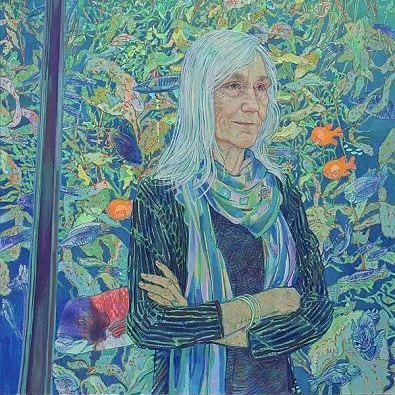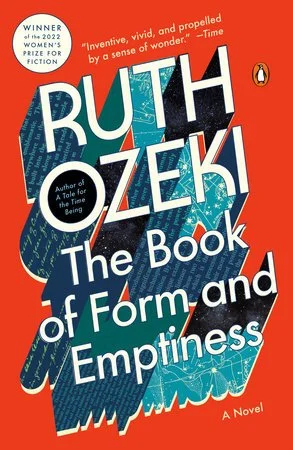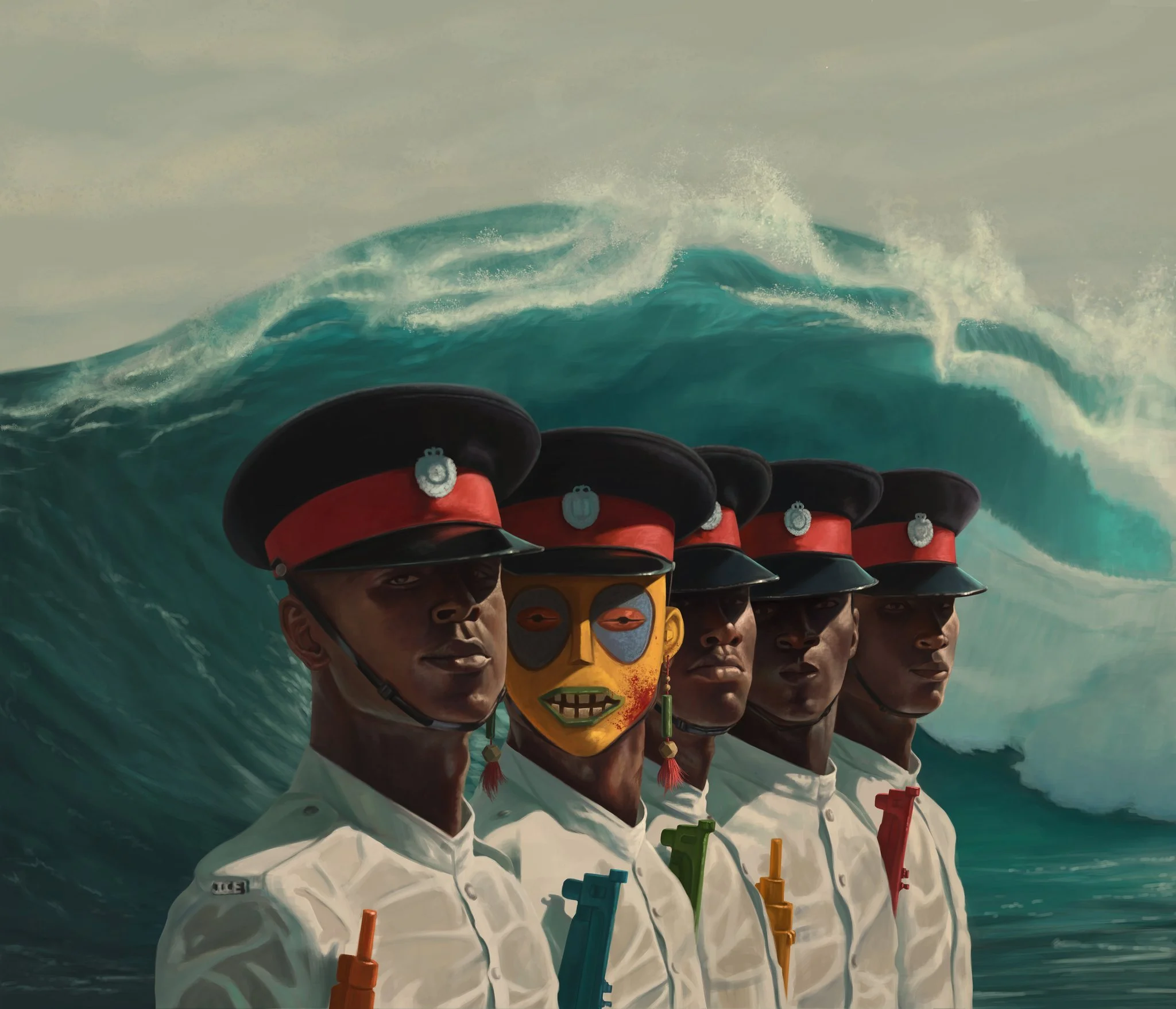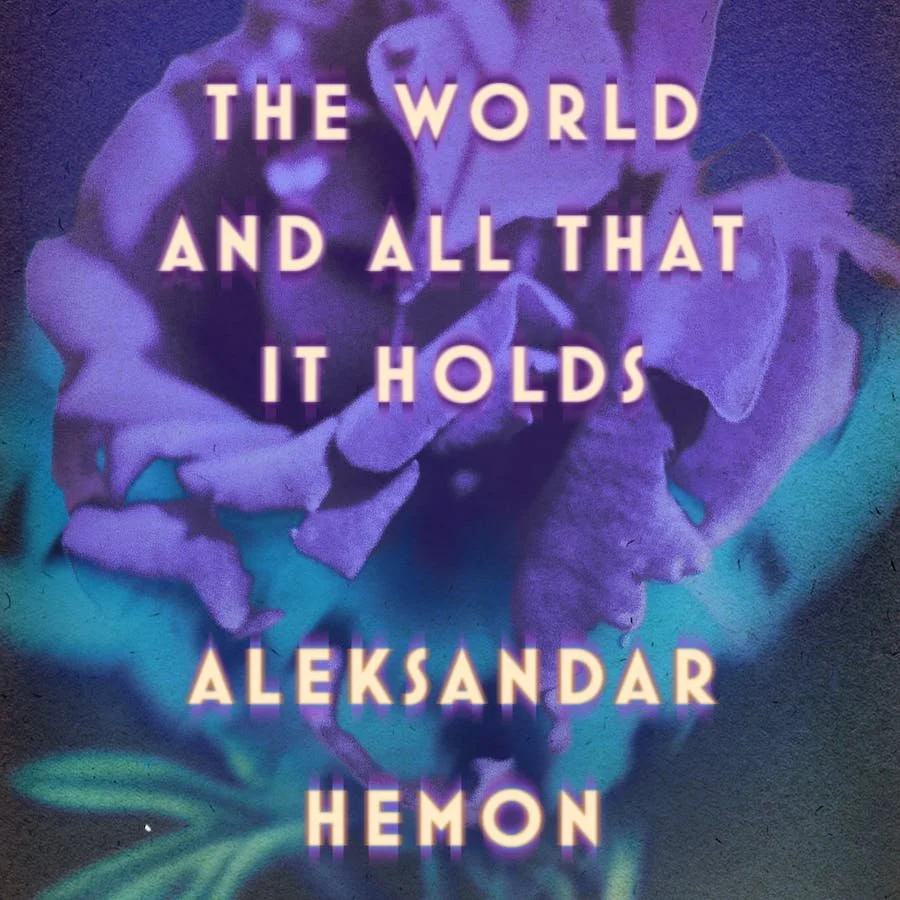The Invisible World Made Visible: Matt Daly’s Conversation with Cotton Mather and the Principles of Seeing
Douglas Cole
Daley's book is a reaching for clarity, a refining of vision to include those energetic threads that lie under the surface, perhaps unexamined, and to see those threads clearly for how they affect our understanding of this world and our place in it.
Read More
Interview with Lewis Buzbee
Swetha Amir
Lives happen in shards, small and finite dramas, only slowly building up to a larger narrative. I didn't want to impose the narrative of a realistic novel on this life — that felt false.
Read More
The Vulnerable Ferocity of "this book will not save you" (Poetry Review)
mk zariel
Traditional poetry is meant to be interpreted and analyzed; this book, however, fights back.
Read More
Brilliant Exiles: American Women in Paris, 1900–1939 (Exhibition Review)
Cheryl Sadowski
Brilliant Exiles is a reminder of the societal conditions that force artistic exodus and the incredible gifts that artists bring us when they are welcome at home.
Read More
Skewed Lens: A Conversation with Diane Cook
Forest Oliver
Consistently funny, violent, and perverse, Diane Cook’s writing skinny-dips between nihilism, and hope.
Read More
Proof Intangible (Interview with Nancy Kay Turner)
Toti O'Brien
With my artwork (though it often incorporates text), I access areas where language doesn’t exist. Only action, reaction, flow, and observation do. When I am “in a zone,” I am not thinking consciously. If my mind intervenes and language enters the equation, I find the resulting work stale or ordinary, while my quest is to make the ordinary extraordinary.
Read More
Heather Swan's DANDELION (Poetry Review)
Carole Mertz
The opening poem in Swan’s Dandelion lets us join a person (we assume it is the author) in a canoe with a friend. The two lament the death of the friend’s son. Geese are flying so low their bodies are mirrored in the lake. One senses the violence of the movement as one also experiences the cutting expanse of grief that seems to spread across the lake. The poem forecasts a sober collection, despite the book’s bucolic title.
Read More
Danielle Dutton's PRAIRIE, DRESSES, ART, OTHER (Fiction Review)
Carolyn Wilson-Scott
Dutton is out to give us the American prairie, or what remains of it; climate catastrophe is never far in these pages, the first piece in the collection being set during the hottest week in recorded history
Read More
Jane Schoenbrun's I SAW THE TV GLOW (Film Review)
Carolyn Wilson-Scott
A more conventional film would have stayed grounded in straight psychological realism, taking the viewer into Maddy and Owen’s world... But worlds are permeable in I Saw the TV Glow...
Read More
Louise Kennedy's TRESPASSES (Fiction Review)
Meredith MacLeod Davidson
If we are operating... in an absence of institutional and societal truth and reconciliation.... then all we have to sit with in the end is art, no matter what form it takes.
Read More
Jay Baron Nicorvo's "Best Copy Available: A True Crime Memoir" (Review)
Carolyn Wilson-Scott
Throughout the book, Nicorvo offers multiple takes on the title’s meaning: It is, most literally, what is stamped on the copy he receives of the crime report of his mother’s rape. But it is also a way to talk about the nature of memoir-writing, how one has no choice but to accept that “a story, any story, even a true story, can only ever be a copy.”
Read More
Rowan Ricardo Phillips: “The Triumph of Song” (Poetry Review & Ekphrastic Poem)
henry 7. reneau, jr.
This poem is an excellent example of the way language can hover over singular moments of our lives and recall the unique intensity, the intimacy and wonder, that made our humanity meaningful…
Read More
“How Things Ought to Be”: An Exploration of Trauma, the Divine, and Queer Resilience (Fiction Review)
Remi Recchia
Origin Story is wonderfully complex and explosive, and while it resists a fairytale ending, it offers something better than closure. It offers hope and a glimpse of how things ought to be.
Read More
The Impact of Theory on Afro-American Poetry: A Review of Major Jackson’s "Razzle Dazzle"
Beth Brown Preston
Major Jackson's collected poems represent a much-anticipated achievement for the poet and to the faithful followers of his poetry, lectures, and his new podcast. For readers new to his work, this volume offers an opportunity to become familiar with the poet's finest.
Read More
Forces of Nature: Voices that Shaped Environmentalism (Exhibition Review)
Cheryl Sadowski
Environmental progress arises from the momentum of mass movements, and from the bedrock of science and research. Yet it is difficult to find that which supposedly springs eternal. The diverse composition of Forces of Nature points to something more palpable than hope: the continued evolution of human understanding of the interdependencies of all life.
Read More
On Reading: a post-graduate journey of my reading life
Since the dawn of book hauls on YouTube and its new successor, BookTok, many readers face great pressure to outpace their peers in books consumed. But does this unspoken competition actually drive literacy or foster a love of reading? Joseph O’Day doesn’t think so.
Read More
The Books
In a brief, yet indelible piece, Nancy Barnes explores the relationships seen and invisible that shift between people and their stuff. We are often defined by what we possess, but what becomes of our belongings when they breach the plain category of stuff and settle inside of us like heart and soul?
Read More
Through Our Dark Wood
Labeled as a “queer multimedia music zine”, this addition to Soundings showcases the interactions between the self, music, and expression. Ari Koontz takes us on a journey of identity and personality through the lens of a bespoke, rustic, album.
Read More
The Vibrant Violence of Ricardo Edwards
Ricardo Edwards is a Jamaican-born surrealist oil painter who deals in Black pride, beauty, and glamor. His works are steeped in Afro-Caribbean culture and aesthetic. But lurking beneath the bright tropical colors, an eerie sense crawls. Unhinged. Unflinching. and unyielding.
Read More
Aleksandar Hemon: "The World and All That It Holds" (Fiction)
The life of Rafael Pinto, a Jewish apothecary addicted to his own wares in Sarajevo, is turned upside down with the assassination of Archduke Franz Ferdinand, the event that sparked World War I. Pinto is conscripted, and while in reluctant service as a medic, he meets Osman, a fellow soldier and a Muslim, whose smile and stories charm everyone he meets, including Pinto.
Read More




